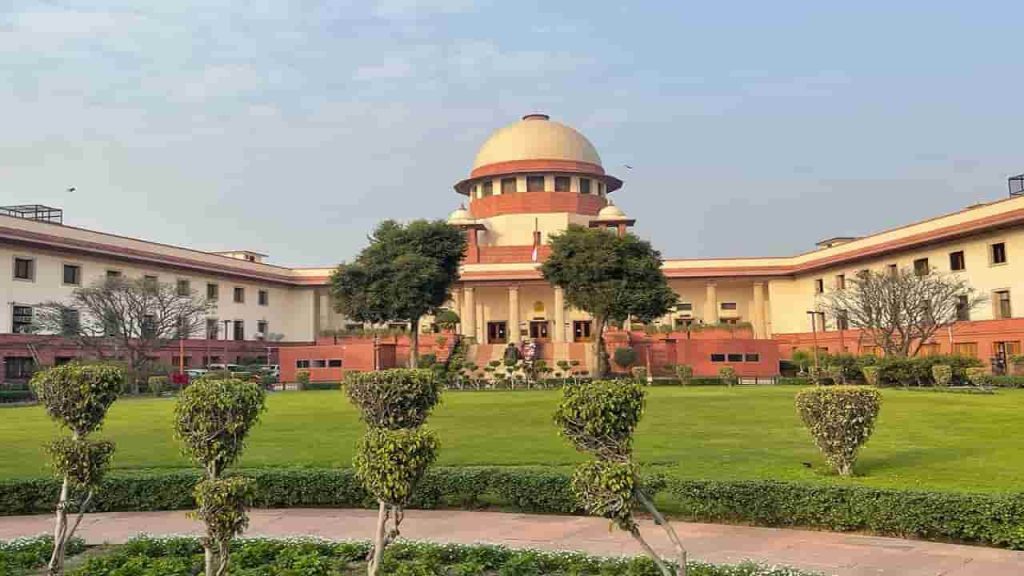The Supreme Court has observed that forceful religious conversion is a very serious issue threatening the security and freedom of the country and citizens. The Court said conversion impacts the freedom of conscience as well.
The bench of Justice MR Shah and Justice Hima Kohli said religion is the choice of a person and he has freedom of religion. The bench remarked how force and coercion is very dangerous when religious conversion is forced.
The Court said the issue is very serious and may ultimately affect freedom and security of the country and citizens, along with their freedom of conscience.
Following the observations, the Supreme Court directed the Central government to file a counter-affidavit on the steps taken by them to curb conversion by force.
The plea has been listed for further hearing on November 28, 2022.
The petition in the case was filed by Advocate Ashwini Kumar Upadhyay alleging the government has failed to control the menace of religious conversion using intimidation, threats and luring through gifts and monetary benefits, black magic and superstition.
The plea stated that forced religious conversion by “the carrot and the stick” and “by hook or crook” not only offends Articles 14, 15, 21, 25 of the Constitution, but is also against the principles of secularism, which is an integral part of the basic structure of Constitution.
Citing examples, the petitioner said religious conversion by intimidating, threatening and deceivingly luring through gifts and monetary benefits is an offence in only a few places. Similarly, religious conversion by using black magic and superstition is an offence in Gurugram but not in adjoining West Delhi. It not only violates Articles 14 but is also contrary to principles of secularism and rule of law, which are basic structure of the Constitution, the plea said.
Earlier, in one of the hearings, the Bench had inquired about the material basis for raising the issue. “Where are the statistics? Who’s being converted? Anybody who’s being converted, comes forward to complain?”
Upadhyay responded that there is data available on social media to substantiate the claim of forced religious conversions taking place throughout the country.
“Social media is not data. We have instances of photographs being morphed. Some incidents being shown that this is something which has happened, but it turns out that happened somewhere in some other country 20 years ago and that photograph is shown as happening yesterday or today,” said the Bench expressing its dissatisfaction.
The Bench further remarked that conversion is a constitutional right and not prohibited in the country. “It is the right of an individual to profess any religion, religion of his birth or religion that he chooses to profess. That’s the freedom that our Constitution grants,” said the Bench emphasizing that there is no such thing as “fraud” in religion and that if a person is coerced into converting, it is that person’s prerogative.
Further, the plea stated that if such conversions are not checked, Hindus would soon become a minority in India. Thus, the Centre is obligated to enact a country-wide law for the same, it was contended.
The petitioner also sought directions to the Law Commission of India to prepare a report and a Bill to control ‘deceitful religious conversion.’


